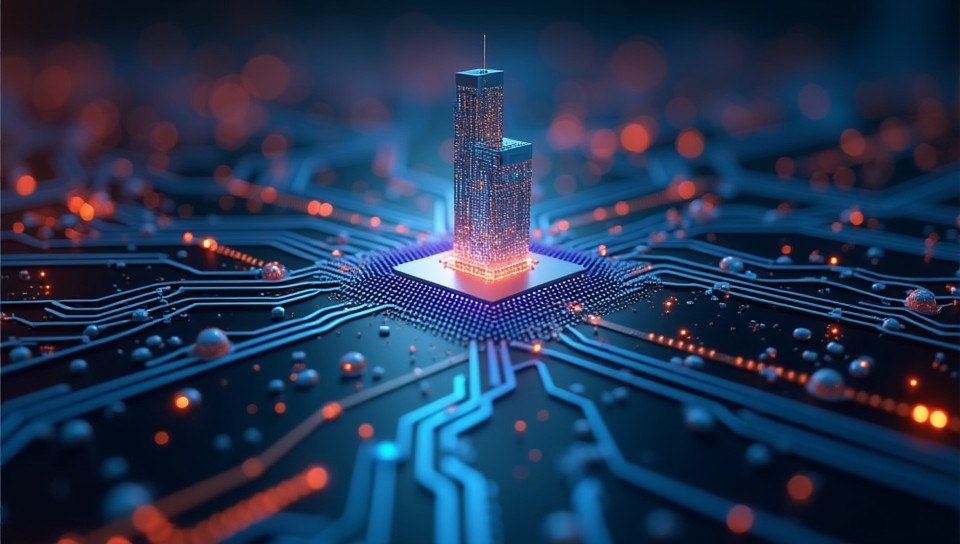High levels of noise can completely halt quantum computations instantly 82%

Quantum Computing's Achilles' Heel: The Devastating Impact of Noise
As we delve deeper into the world of quantum computing, it's becoming increasingly clear that these powerful machines are still in their infancy. One major obstacle standing in the way of widespread adoption is a seemingly innocuous culprit: noise. High levels of noise can completely halt quantum computations instantly, leaving researchers scrambling to find solutions.
What is Noise in Quantum Computing?
Noise in quantum computing refers to any type of interference that can disrupt the delicate quantum states necessary for calculations. This can come from a variety of sources, including thermal fluctuations, electromagnetic radiation, and even human error.
The Effects of Noise on Quantum Computation
When noise enters the system, it can cause quantum bits (qubits) to lose their coherence, making it impossible to perform accurate calculations. In extreme cases, high levels of noise can even cause qubits to become "decoherent," rendering them completely useless for computation.
- Quantum gates, which are the fundamental building blocks of quantum circuits, can be disrupted by noise.
- Errors can accumulate quickly, leading to catastrophic failures in complex computations.
- Noise can also cause qubits to become entangled with their environment, making it difficult to isolate and measure individual qubits.
The Consequences of a Noisy Quantum Computer
A quantum computer that is prone to high levels of noise will struggle to maintain its coherence, leading to a decrease in computational power. This can have significant consequences for fields such as cryptography, optimization problems, and machine learning, where the promise of quantum computing lies.
Mitigating the Effects of Noise: Current Solutions
Researchers are actively exploring various methods to mitigate the effects of noise on quantum computers. Some of these solutions include:
- Error correction codes, which can detect and correct errors caused by noise.
- Quantum error correction, a more advanced technique that uses multiple qubits to encode and decode information.
- Cooling systems, which can reduce thermal fluctuations and electromagnetic radiation.
Conclusion
High levels of noise are a major obstacle standing in the way of widespread adoption of quantum computing. While researchers are making progress on mitigating its effects, it's essential to acknowledge the challenges posed by this seemingly innocuous foe. As we continue to push the boundaries of what is possible with quantum computing, we must also address the underlying issues that threaten its very existence.
- Created by: Ömer Asaf Özkan
- Created at: Aug. 17, 2024, 1:20 a.m.
- ID: 7540





